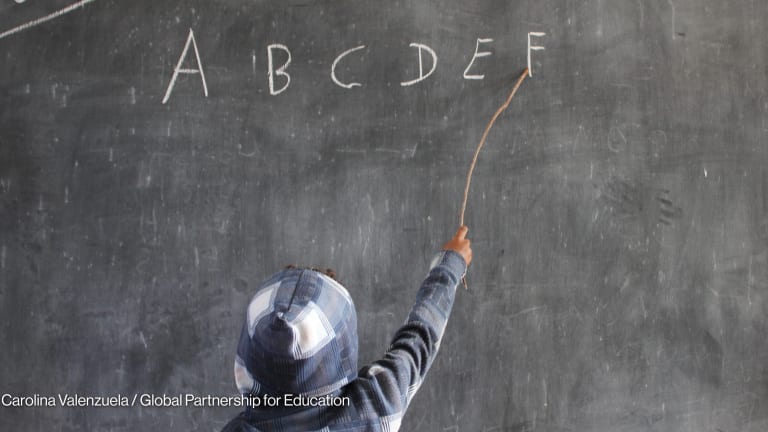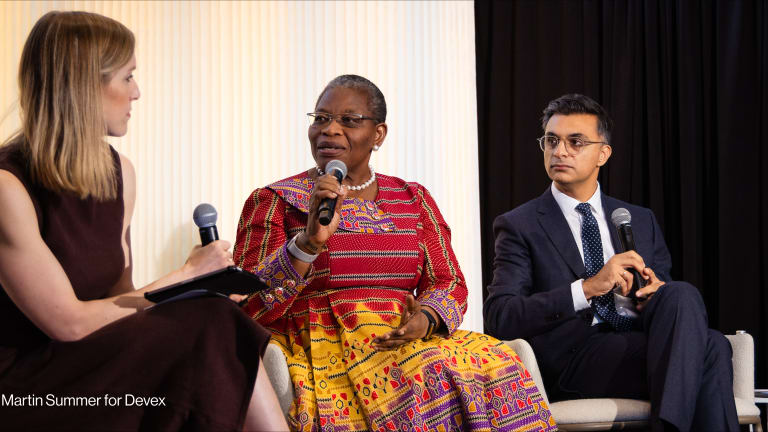Ethiopia has enjoyed relative political stability and rapid economic growth, averaging 7 percent of GDP over the past decade. During this period, three million people have been elevated out of poverty and the country has recorded significant advancements in health, education and social protection. The U.K. Department for International Development sees some evidence that its presence and contributions have helped foster this progress, so the agency is committed to increasing its engagement with Ethiopia. Despite socio-economic achievements, the country remains among the poorest countries in the world with over 25 million of its 80 million people living in extreme poverty. While political decentralization has contributed to stability and development, questions remain over the sustainability of the political system and the lack of civil and political rights. In addition, Ethiopia is susceptible to external shocks and conflict spilling over from war-torn neighbors – including Somalia and Sudan. High poverty and instability in the Horn of Africa are fertile breeding grounds for fundamentalism. Countering these trends by contributing to a stable and prosperous Ethiopia is crucial to UK interests in the region.
Funding levels
For the period 2011–2015, DfID has allocated a total of £1,341,401,000 ($2,105,991,000) in aid to Ethiopia. On average, the agency spends approximately 270 million pounds per fiscal year.
This story is forDevex Promembers
Unlock this story now with a 15-day free trial of Devex Pro.
With a Devex Pro subscription you'll get access to deeper analysis and exclusive insights from our reporters and analysts.
Start my free trialRequest a group subscription







